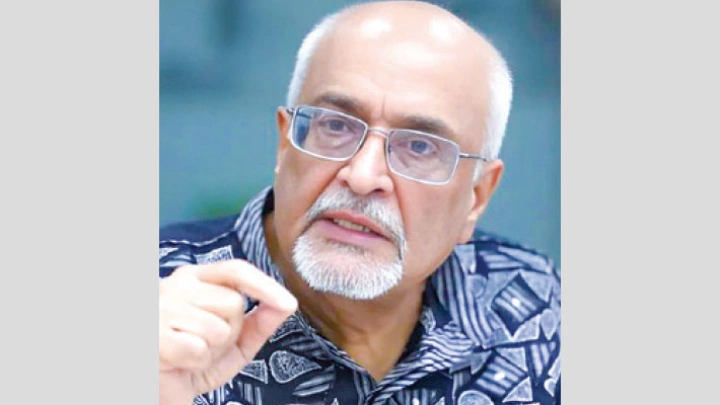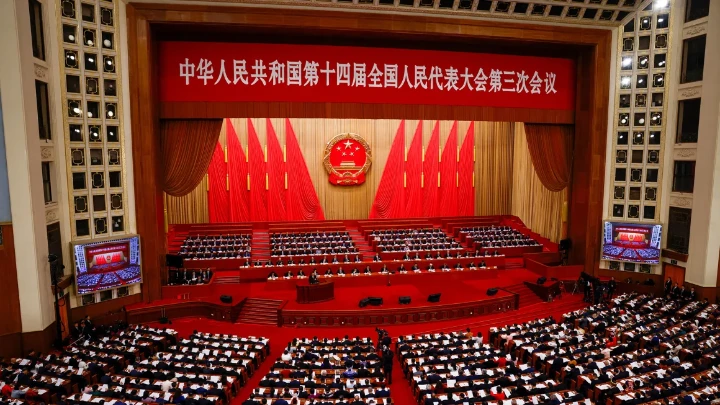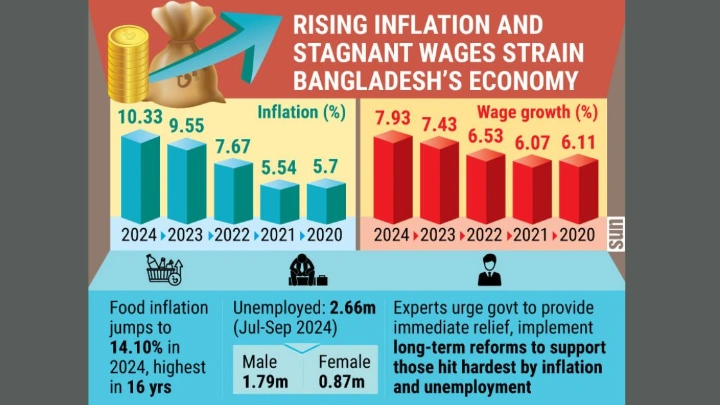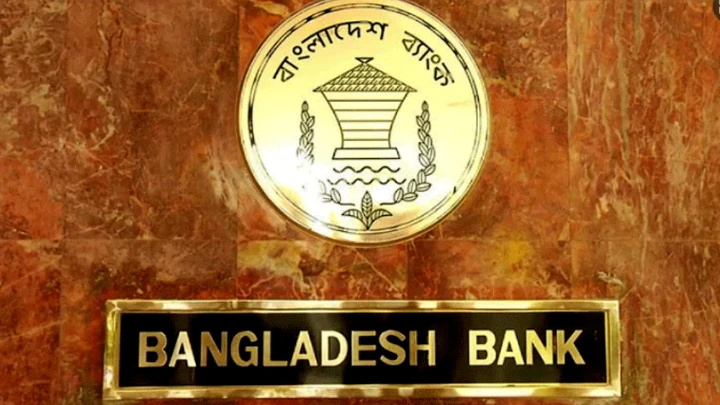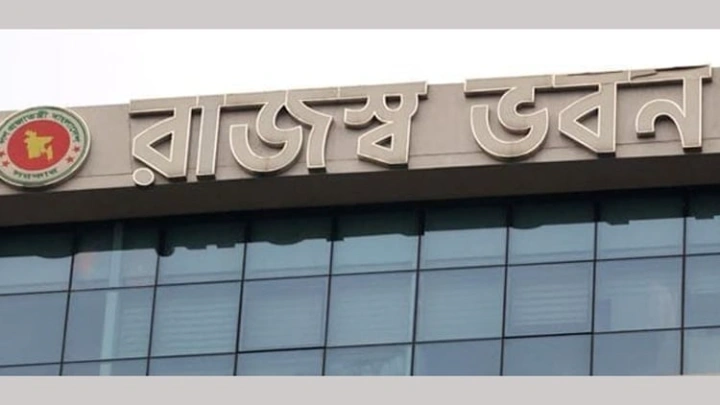Economic stability crucial for meaningful reforms
DailySun || Shining BD
Economic stability is essential for meaningful reforms and democratic progress in Bangladesh, emphasised Dr Debapriya Bhattacharya, principal of the White Paper Drafting Committee, at a policy dialogue hosted by BRAC University.
Speaking at the seminar titled "Financial and Economic Reform in Bangladesh - 2024," Dr Debapriya highlighted the critical need to stabilise the exchange rate and control commodity prices to prevent public discontent and ensure reforms succeed.
He warned of an "unusual coalition" of politicians, bureaucrats, and businesspeople perpetuating corruption and resisting reforms, forming an oligarchy that has significantly undermined the financial and energy sectors.
Finance Adviser Dr Salehuddin Ahmed delivered the keynote.
Professor Syed Ferhat Anwar, Vice-Chancellor of BRAC University, Selim RF Hussain, CEO and Managing Director of BRAC Bank PLC, and Farzana Lalarukh, Commissioner, Bangladesh Securities and Exchange Commission, attended as the special guests.
Dr Debapriya Bhattacharya, a distinguished fellow at the Centre for Policy Dialogue, criticised the previous government's economic management, particularly the politicisation of GDP growth data.
He questioned the reported growth, pointing out that there was no increase in private investment or tax-to-GDP ratio, while revenue collection remained stagnant.
He suggested that the money might have been laundered, not collected, or hidden.
Dr Debapriya also accused former Bangladesh Bank Governor Abdur Rouf Talukder of damaging the banking sector and criticised the bank for misleading the IMF about printing money.
He alleged that oligarchs had infiltrated Bangladesh Bank with kickbacks and dismantled the banking sector’s corporate governance, with politically appointed directors serving their interests
Dr Salehuddin Ahmed added to the critique of financial mismanagement, stating, "The financial sector has suffered such immense damage that it is unimaginable from the outside. Most institutions have been destroyed. There was no good governance, transparency, or accountability in the country."
He criticised the former governor of Bangladesh Bank, highlighting the poor state of the institution. He noted that the bank's head stayed late just to approve files, while the bank now repays dues without touching its reserves.
He noted that under the previous governor, $42 billion was sold off, leaving reserves depleted at just $12 billion.
The adviser criticised the government's economic strategy, stating that it was overly focused on growth without considering whether the benefits were reaching the wider population.
Dr Salehuddin pointed out that while reserves, exports, and growth were highlighted, there was no assessment of whether this growth was inclusive.
Shining BD

